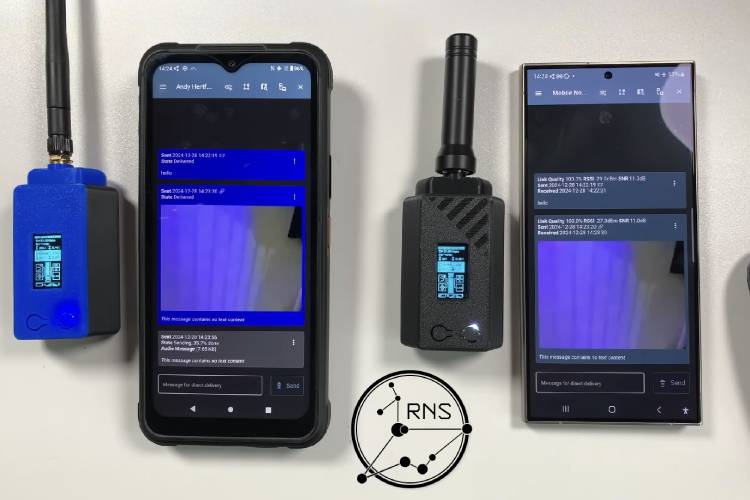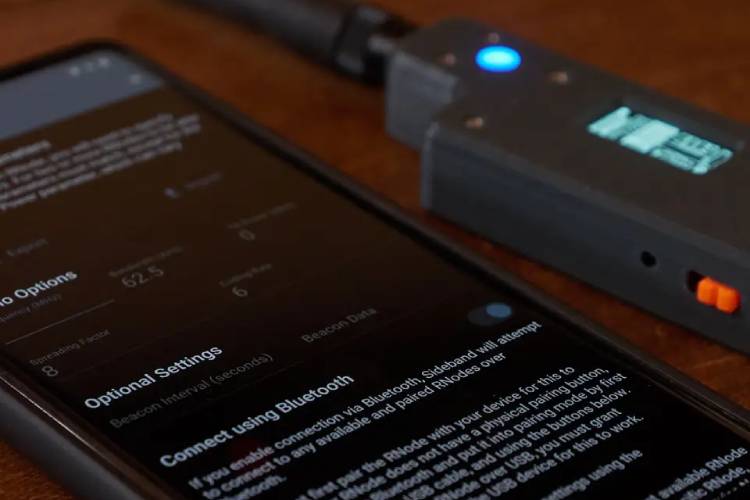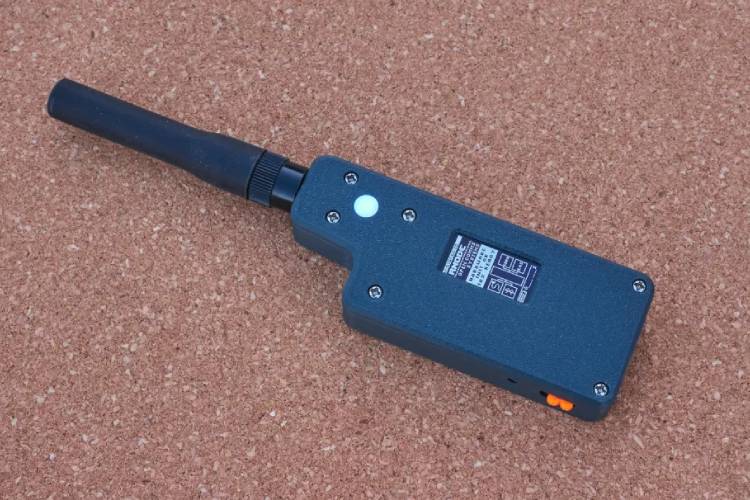
Our increasing dependence on the internet underscores the importance of decentralised communication networks, especially for use cases where conventional connectivity falls short. Andy Kirby’s recent video on Reticulum and the RNode presents an alternative approach to off-grid communication, offering flexibility and resilience through encrypted messaging, voice, and file transfer capabilities over low-bandwidth LoRa connections. This is similar to systems like Meshtastic but introduces a more versatile and comprehensive framework for communication. While both Reticulum and Meshtastic enable mesh networking using LoRa, their approaches differ fundamentally.

Reticulum is a complete communication protocol stack optimized for long-range, low-bandwidth connections over various mediums, such as LoRa (Long Range) radio. Unlike conventional setups, Reticulum can operate even with highly unreliable links, making it ideal for remote areas or emergency scenarios. The RNode, based on the Heltec LoRa32 V3 board, serves as a LoRa modem running the Reticulum stack. Paired with a smartphone app like Sideband, it enables encrypted messaging, voice notes, and even low-resolution image transfers between devices—entirely independent of the internet. In his demo, Kirby showcased two smartphones, each connected to an RNode via Bluetooth, exchanging messages and files seamlessly over LoRa.

In his video Kirby also provided a step-by-step guide to setting up an RNode, including firmware installation using a web-based flasher, configuring the Sideband app, and connecting the devices. His exploration of Reticulum and RNode highlights their potential for creating resilient mesh networks, capable of supporting private, direct communications across multiple nodes. While not a replacement for high-speed internet, this setup offers a compelling solution for hobbyists, remote communications, and anyone interested in experimenting with decentralized networking.

